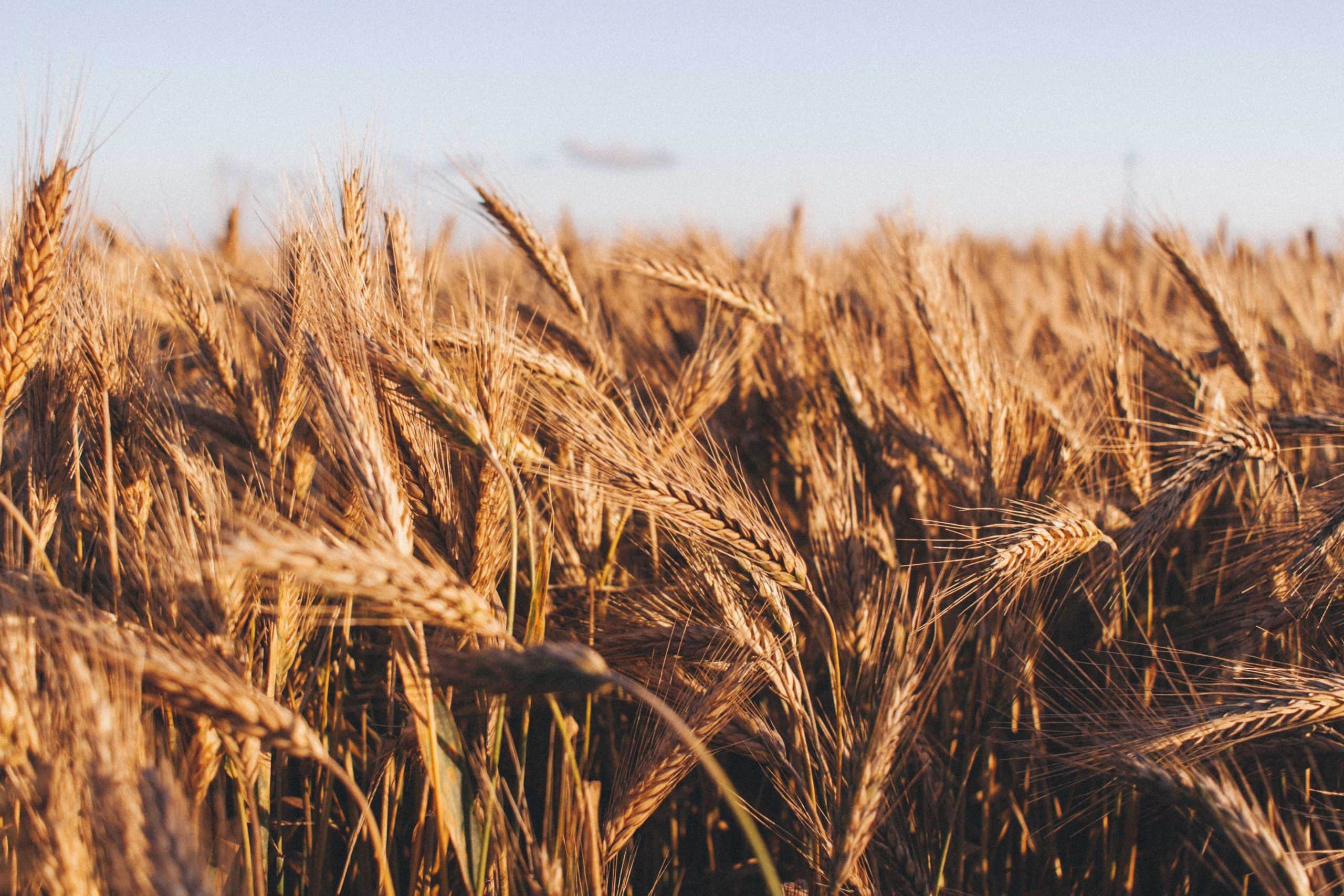
Ukraine is now requiring a permit from the Ministry of Economics to export wheat, corn, poultry meat, chicken eggs, and sunflower oil, Ukraine Interfax reports.
The decision was announced Monday, March 6th, expanding the zero quotas for the exports announced the day before: corn, oats, buckwheat, millet, sugar, and salt.
Interfax Ukraine also reported that Ukraine’s Prime Minister Denys Shmyhal explained on Sunday, March 5th, that the government had decided to limit the export of a number of socially important goods and the raw materials from which they are produced.
The restrictions on Ukrainian exports will be felt in Europe. The EU imports 19% of its wheat from Ukraine, Euractiv reports. Russia and Ukraine together provide over a third of the world’s wheat and barley, as well as 17% corn, and over 50% of sunflower oil and seeds. Last week, one week into Russia’s invasion of Ukraine wheat prices skyrocketed to their highest level in 14 years.
Between 35-45% of sunflower oil refined in the EU comes from Ukraine and there is no immediate solution to the disruption in sunflower seed oil, since right now it is unclear if and how trade will be able to resume, according to Euractiv.
War in the Eurasian breadbasket is causing European countries to have to rethink food security and current agricultural policy for both the immediate and long-term futures.
Agricultural groups are also calling on the EU to rethink its agricultural policy.
“As Copa and Cogeca have been saying for years, and as the facts today clearly prove, food security is highly strategic and still very relevant. A paradigm shift is needed in the way Brussels thinks about agriculture, starting with the objectives set out in the Farm to Fork [strategy]. Farmers and cooperatives are now waiting for concrete guidelines and actions as a solution to food, energy climate, and environmental challenges,” Europe’s largest professional farmers association said in a press release on March 7th. Euractiv also reports that the EU-27 agriculture ministers held a special meeting on Wednesday, March 9th, and that Copa-Cogeca is asking for immediate changes to European agricultural policy. Concretely, the organisation has asked that farmers be able to cultivate all available land in 2022 to compensate for the blockage of Russian and Ukrainian production, instead of leaving some parts of the land fallow or earmarked for biodiversity, as EU policy currently requires.